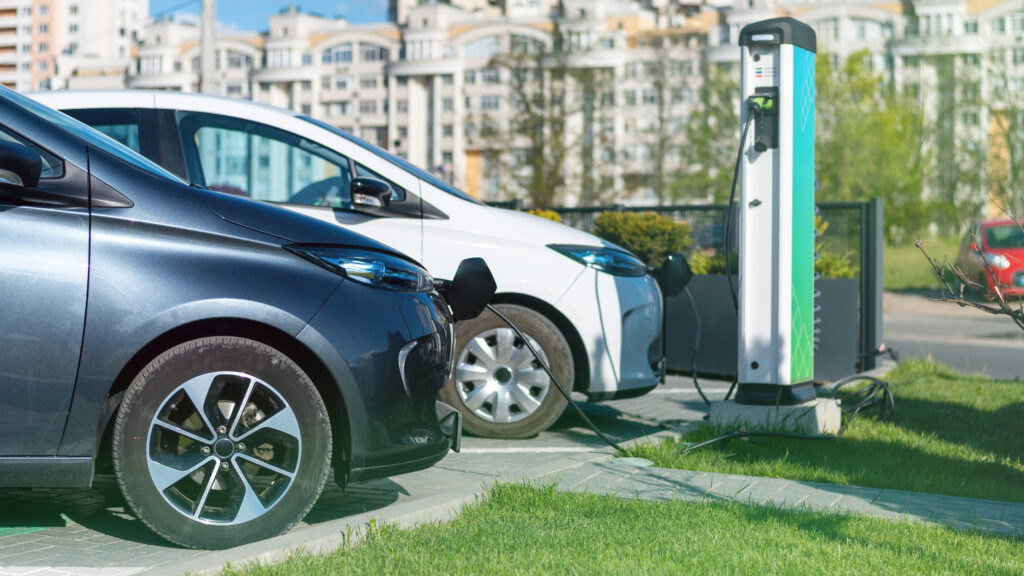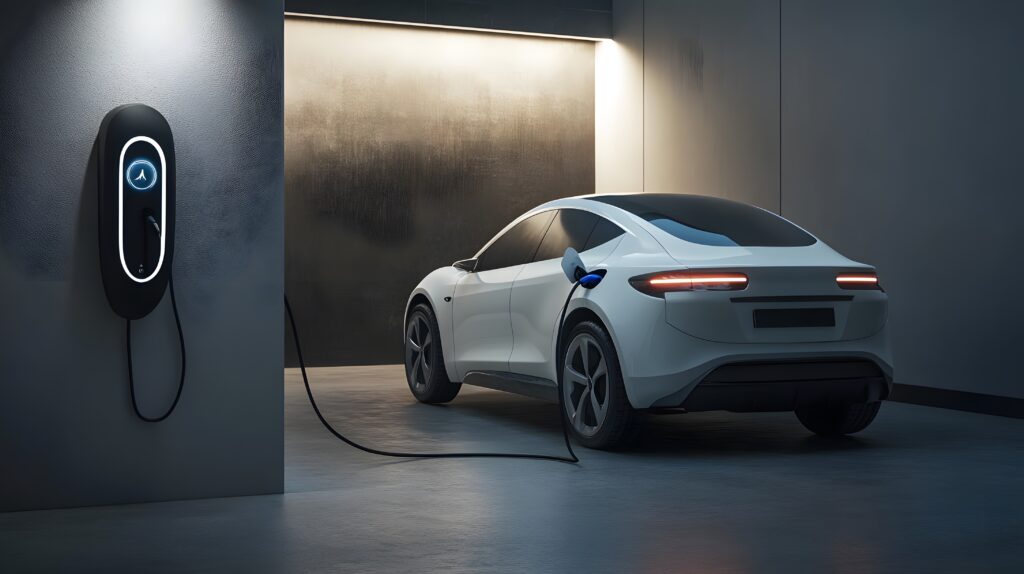Curious about the difference between hybrid and electric cars? Whether you’re planning to buy outright or considering online car finance, understanding the distinctions between these two types of vehicles can help you make an informed decision.
Traditionally, petrol and diesel cars have dominated the roads. However, with a growing emphasis on combating climate change, the number of hybrid and electric vehicles is steadily increasing. This shift raises an important question: if you’re in the market for an eco-friendlier vehicle, should you opt for a hybrid or an electric car? Let’s explore the key differences between the two and help you decide which one might be right for you.

Understanding Hybrid vs Electric Cars
The fundamental difference between hybrid and electric cars lies in their power sources.
Hybrid cars combine a traditional petrol or diesel engine with a smaller electric motor. This setup allows the vehicle to be powered by the engine, the electric motor, or both, depending on driving conditions and what the onboard computer recommends.
There are two main types of hybrid cars:
- Self-charging hybrids: These vehicles charge their batteries using the non-electric engine or by capturing energy from braking.
- Plug-in hybrids: Equipped with a larger battery than self-charging hybrids, these cars must be charged via a cable.
On the other hand, electric cars are powered solely by an electric motor and batteries, requiring charging via a cable. They produce virtually zero emissions, making them an attractive option for environmentally conscious drivers.
Let’s dive deeper into the pros and cons of hybrid and electric cars.
Pros and Cons of Hybrid Cars
When choosing between a hybrid and an electric car, one of the key considerations is driving range. If you regularly cover long distances, the last thing you want is to frequently stop and charge your vehicle.
Hybrid cars offer impressive range thanks to their combination of electric and non-electric engines. They often outperform traditional cars in terms of fuel efficiency, particularly in stop-and-go city traffic, where the electric motor can reduce pollution.
Hybrids are also more affordable than electric cars, as they have been on the market longer. This applies to both the purchase price and running costs, as short journeys can sometimes be completed using battery power alone.
However, hybrid cars have their drawbacks. The batteries, especially in plug-in hybrids, may not last long and cannot be charged while driving. This limits their electric-only range.
Additionally, while hybrids offer fuel savings, they still require stops for refueling or charging, especially on long trips. The added weight of the electric components can also affect handling.
Pros and Cons of Electric Cars
Electric cars come with significant advantages, especially for those prioritizing environmental impact. They produce nearly zero emissions, making them the most eco-friendly option.
Running costs for electric cars are low since there’s no need for fuel, though you should consider the impact of increased electricity use at home. Moreover, electric cars priced under £40,000 are exempt from road tax and congestion charges.
Despite these benefits, electric cars do have some limitations. One major downside is their driving range, which typically maxes out at around 300 miles on a single charge. While this is sufficient for daily use, it can be a challenge on long journeys, requiring careful planning and time for charging.
Electric cars also tend to be more expensive upfront, as they are relatively new to the market, with fewer second-hand options available.

Which is Better for the Environment: Hybrid or Electric?
Both hybrid and electric cars are better for the environment compared to traditional vehicles. Electric cars are the most eco-friendly option, producing almost no emissions. However, hybrids also contribute to reducing CO2 emissions, especially in traffic conditions where frequent braking and acceleration are common.
While hybrids aren’t entirely emission-free, they represent an important step towards a fully electric future.
Should You Buy a Hybrid or Electric Car?
The choice between a hybrid and an electric car depends on your individual needs. If you mainly take short trips and can manage the upfront cost, an electric car could be the right choice. On the other hand, if you prioritize long-distance driving or have a tighter budget, a hybrid might be more suitable.
If you’re leaning towards an electric car but are concerned about the cost, Zuto can help by offering electric car finance options. Reach out to our expert team today, or visit the Zuto blog for more in-depth articles like this one.

